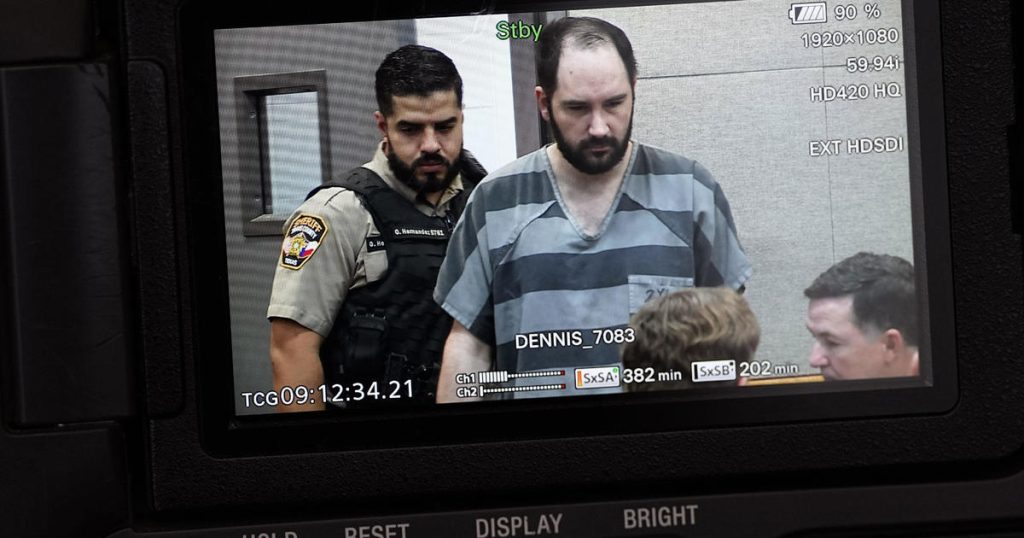Texas Gov. Greg Abbott has pardoned Daniel Perry, an Army sergeant who was sentenced to 25 years in prison for shooting and killing a protester in 2020. The pardon was issued after a unanimous recommendation by the Texas Board of Pardons and Paroles. Perry’s attorneys claimed he acted in self-defense, while prosecutors argued that he did not need to fire his gun as the protester did not raise his weapon. The investigation into Perry’s case began in April 2024, following his conviction for the murder of Garrett Foster, a protester advocating for racial justice and against police brutality in downtown Austin.
The decision to pardon Perry was based on a thorough investigation conducted by the Texas Board of Pardons and Paroles, which included a review of various documents, witness statements, and interviews related to the case. Perry’s attorneys expressed gratitude for the governor’s decision, stating that it corrected a “courtroom travesty” and represented true justice. Perry, who was stationed at Fort Hood at the time of the shooting and working as a ride-share driver, is relieved to be free and expressed regret that the tragic event occurred. Foster’s girlfriend, Whitney Mitchell, lamented the governor’s decision, stating that it desecrated the life of the murdered veteran.
Travis County District Attorney José Garza, whose office oversaw the case, expressed disappointment in the decision to pardon Perry, accusing the Governor and Board of putting politics over justice and making a mockery of the legal system. He criticized their actions as contrary to the law and suggested that they reflected a bias in terms of whose lives are valued in the state of Texas. The Board’s investigation reportedly delved into the intricacies of Perry’s case, analyzing evidence and testimonies to arrive at their recommendation for a pardon and restoration of firearm rights. Perry’s lawyers maintained that he acted in self-defense against Foster, who was carrying an AK-47 at the time of the shooting.
Abbott’s approval of the pardon recommendation for Perry highlighted Texas’ strong self-defense laws, including the Stand Your Ground provision, which protects individuals from prosecution in situations where they feel threatened. Despite the differing perspectives on the case, the decision to pardon Perry and restore his firearm rights has sparked controversy and raised questions about the balance between justice, self-defense, and public safety. The tragic event that led to Foster’s death and Perry’s conviction continues to be a subject of debate and reflection on the complexities of legal and moral responsibility in cases of lethal force in protecting oneself or others.


